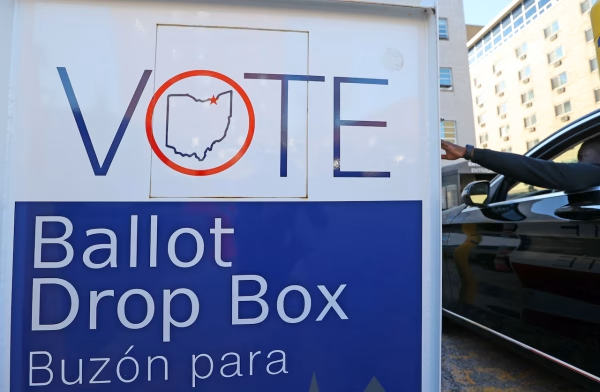ACLU Tells Appellate Court South Carolina's Ballot Access Law Is Unconstitutional
Group Argues "Sore Loser" Statute Violates Free Association Rights
FOR IMMEDIATE RELEASE
CONTACT: (212) 549-2666; media@aclu.org
RICHMOND, VA – The American Civil Liberties Union argued in a federal appeals court in Virginia today that South Carolina's so-called "sore loser" statute unconstitutionally violates the rights of voters and parties to select the candidates of their choosing. The statute prevents candidates who seek nominations from multiple parties from appearing on the ballot if they lose any one party's nomination.
The challenged statute blocked Eugene Platt, the Green Party's chosen candidate for the state House of Representatives, from appearing on the ballot in the November 2008 elections because he later lost the Democratic Party's primary nomination.
"Voters and parties have the right to put the candidates of their choice on the ballot," said Bryan Sells, senior staff attorney with the ACLU Voting Rights Project, who argued the case today. "The U.S. Constitution provides special protection for the process in which a political party selects a nominee that best represents its ideology and preferences."
South Carolina is one of only a handful of states that permit fusion voting, which allows multiple political parties to nominate the same candidate. However, the state's "sore loser" statute blocks a candidate from appearing on the ballot if he or she loses any party's nomination even if another party selects that candidate as its nominee.
The ACLU's lawsuit charges that the statute imposes an unjustified burden on the First Amendment's free association rights of candidates and voters as well as political parties' right to select their preferred candidates.
"South Carolina's election scheme rejects the First Amendment's fundamental protections and makes the outcome of one party's primary dependent on the outcome of every other party's nominating process," said Sells. "The real losers here are the democratic process and the voters of South Carolina who are being denied greater choices at the ballot box."
Attorneys on the case, South Carolina Green Party et al. v. South Carolina State Election Commission et al., are Sells and Laughlin McDonald of the ACLU Voting Rights Project.
The ACLU's legal brief in the case is available at: www.aclu.org/voting-rights/south-carolina-green-party-et-al-v-south-carolina-state-election-commission-et-al-appe
More information on the work of the ACLU Voting Rights Project is available at: www.aclu.org/voting-rights



